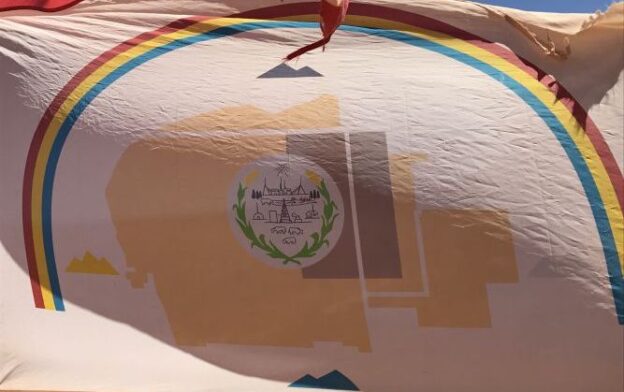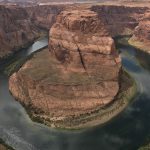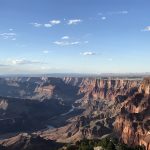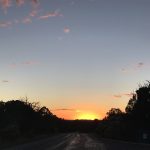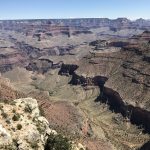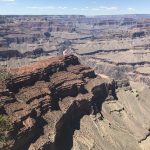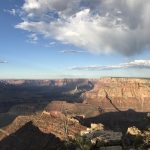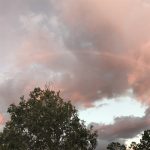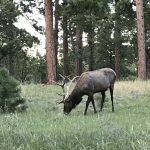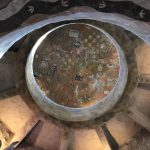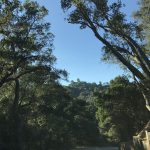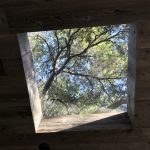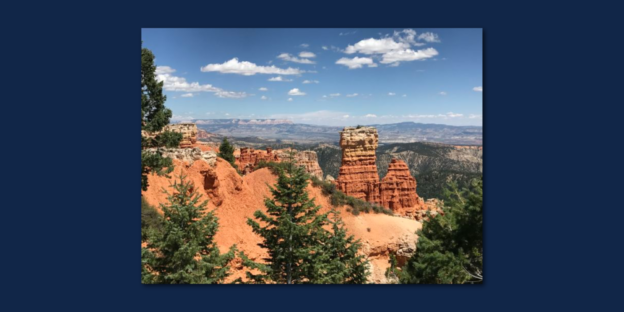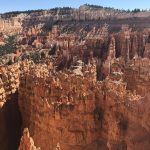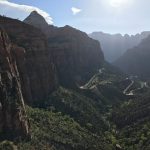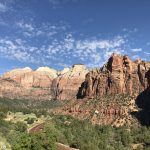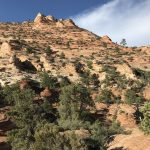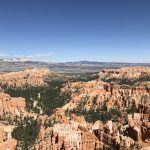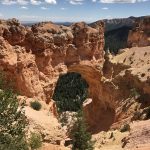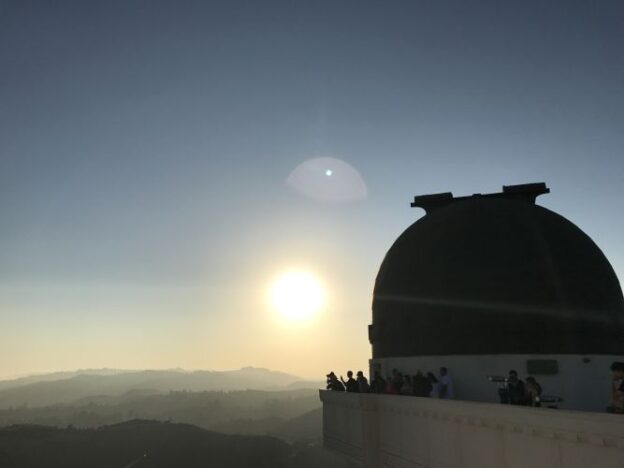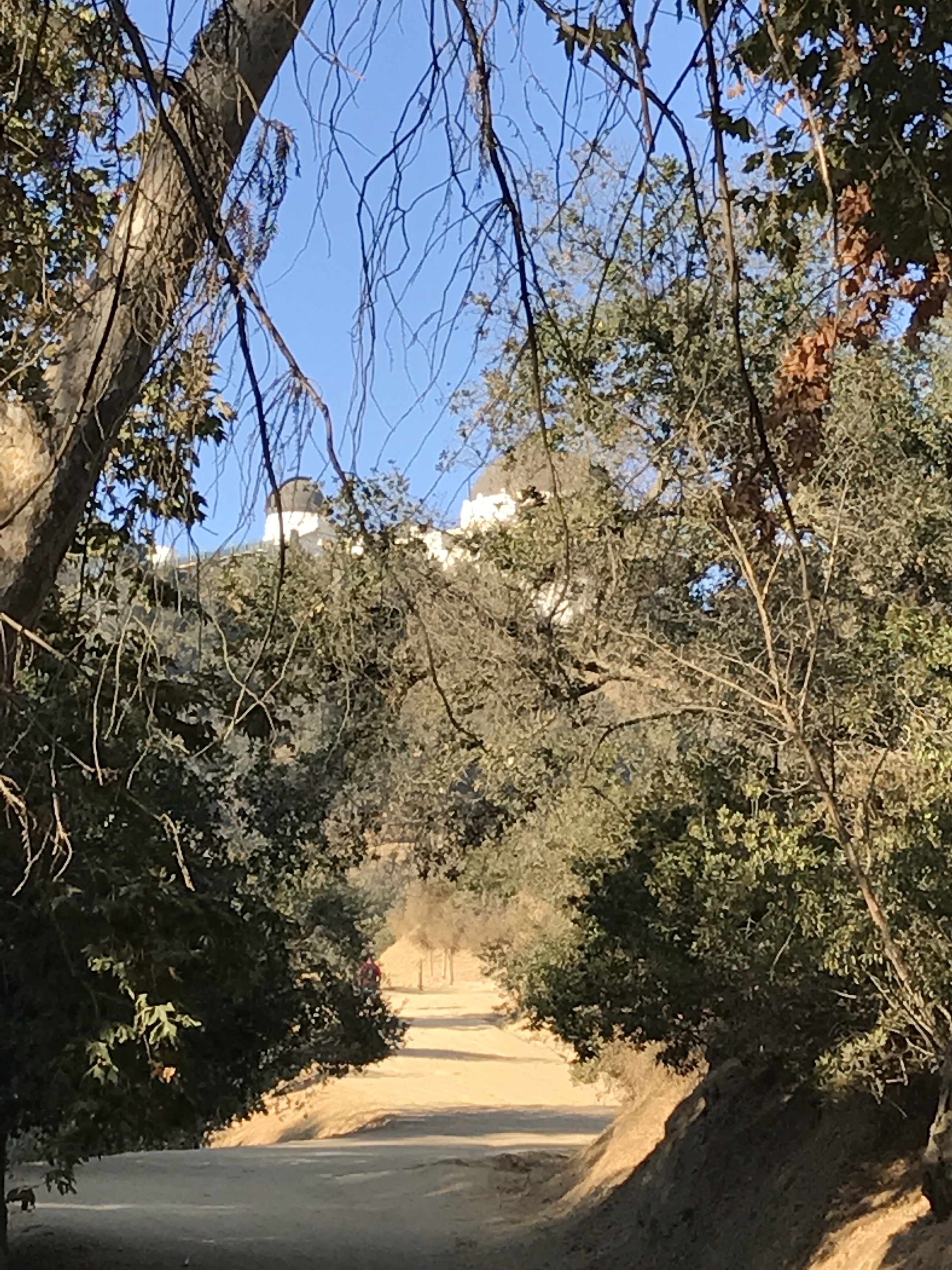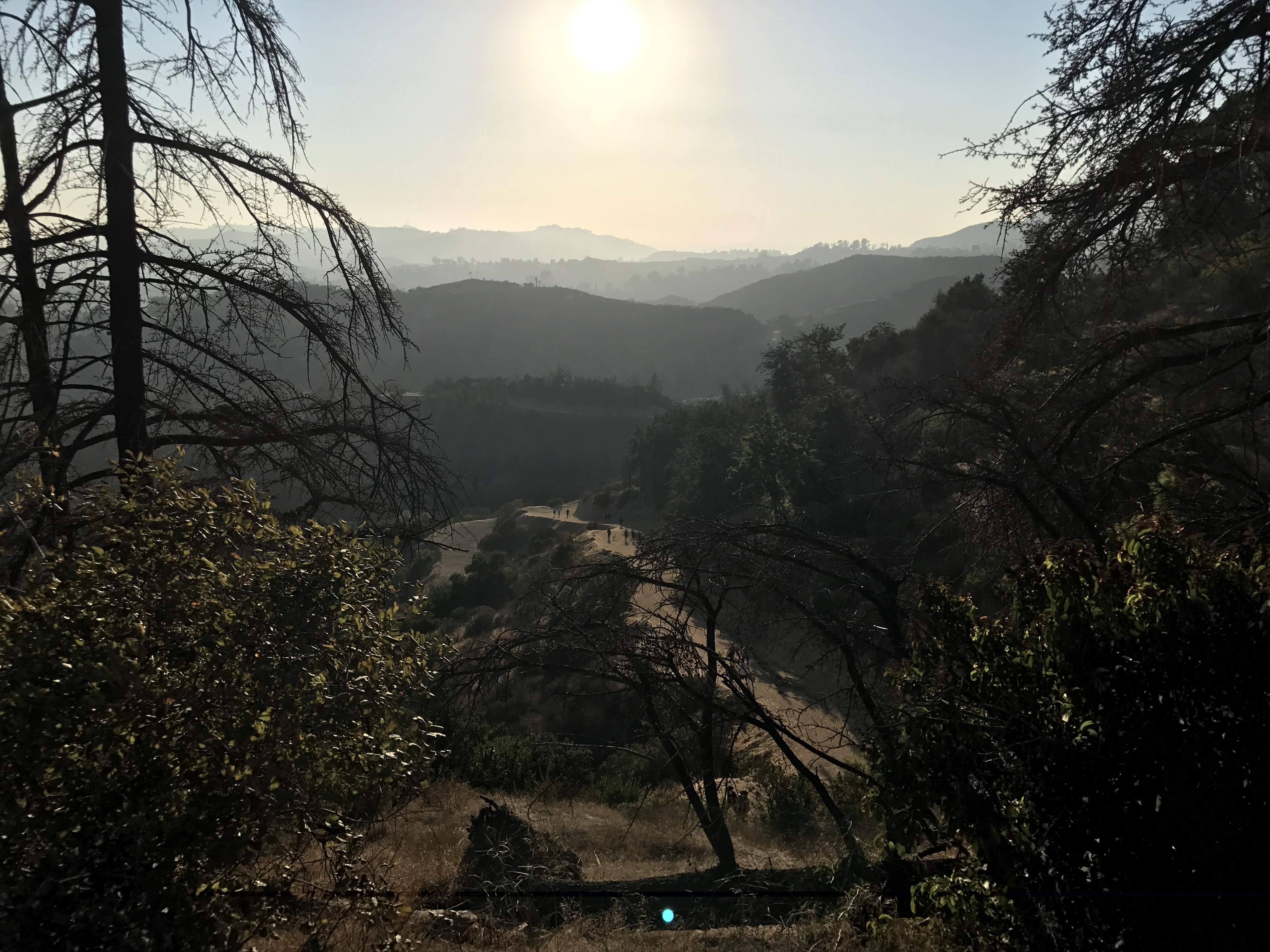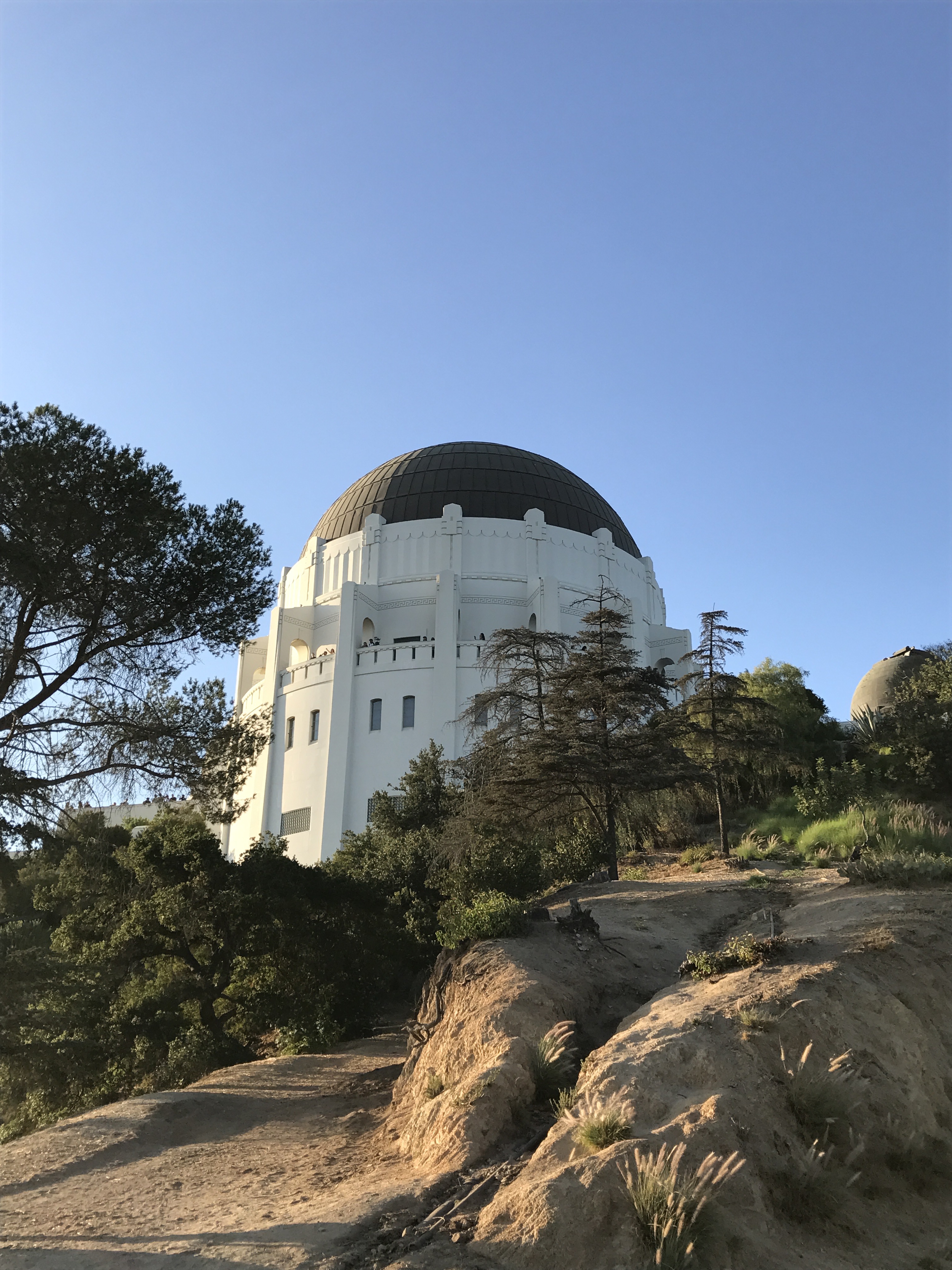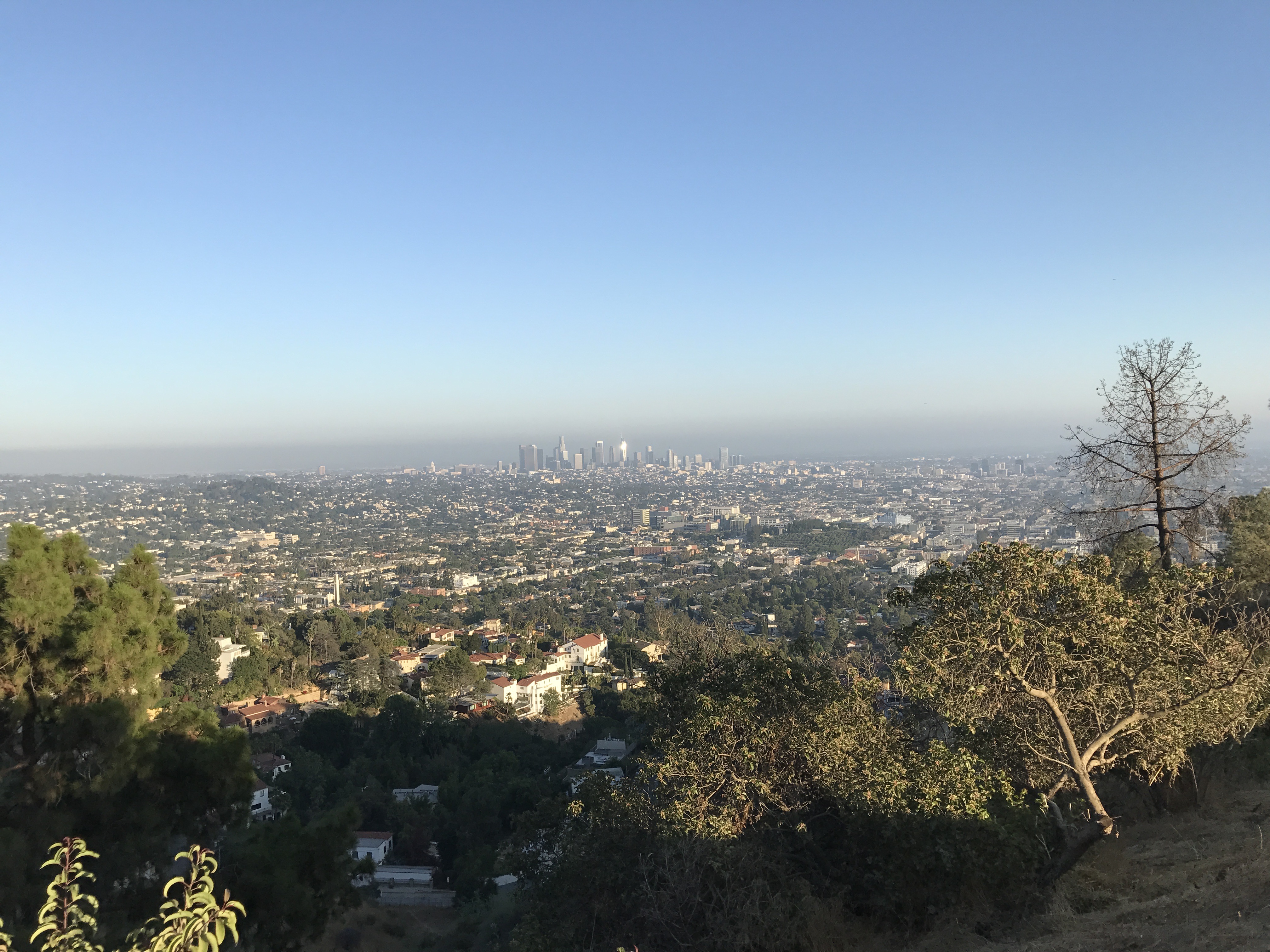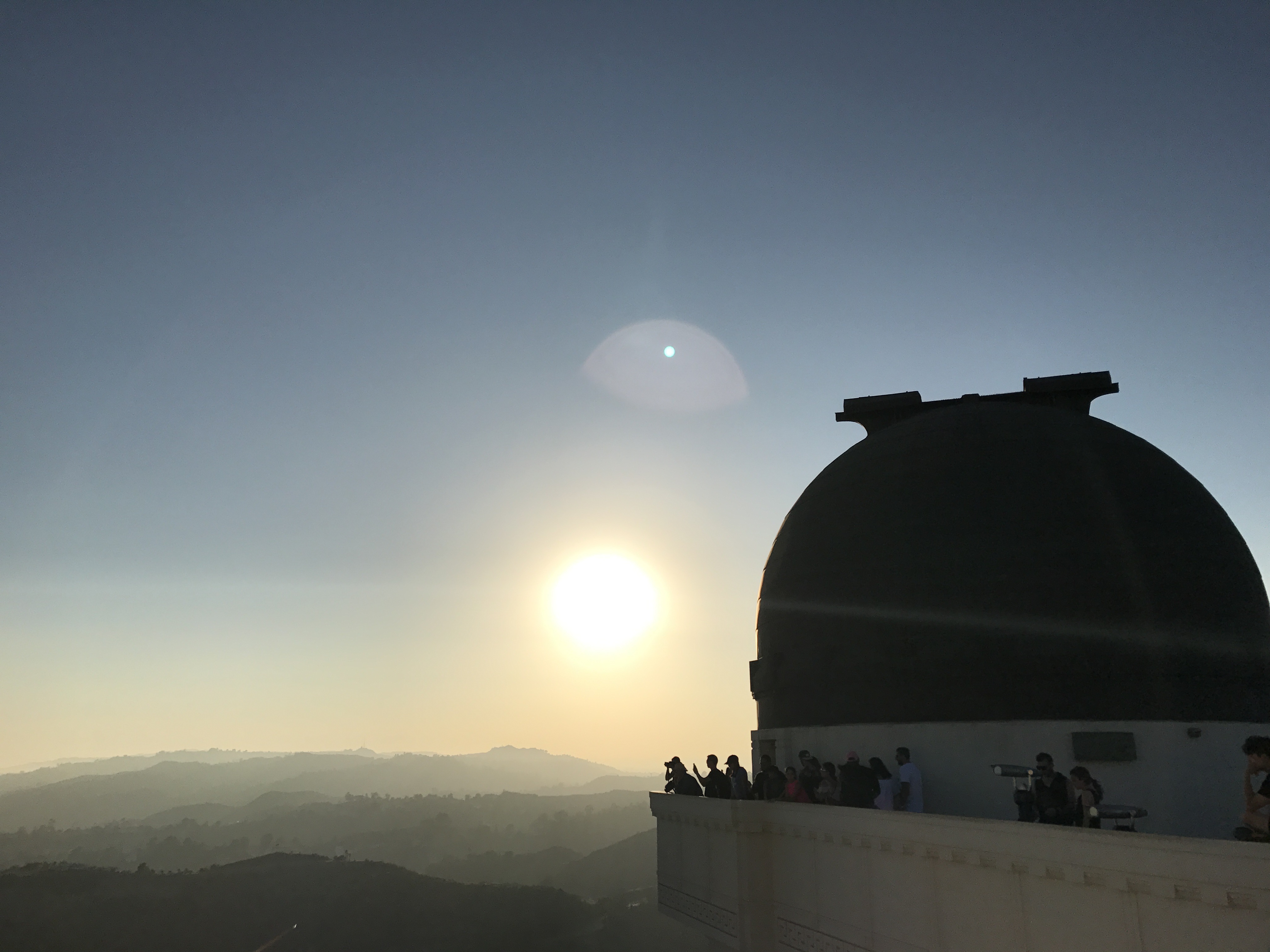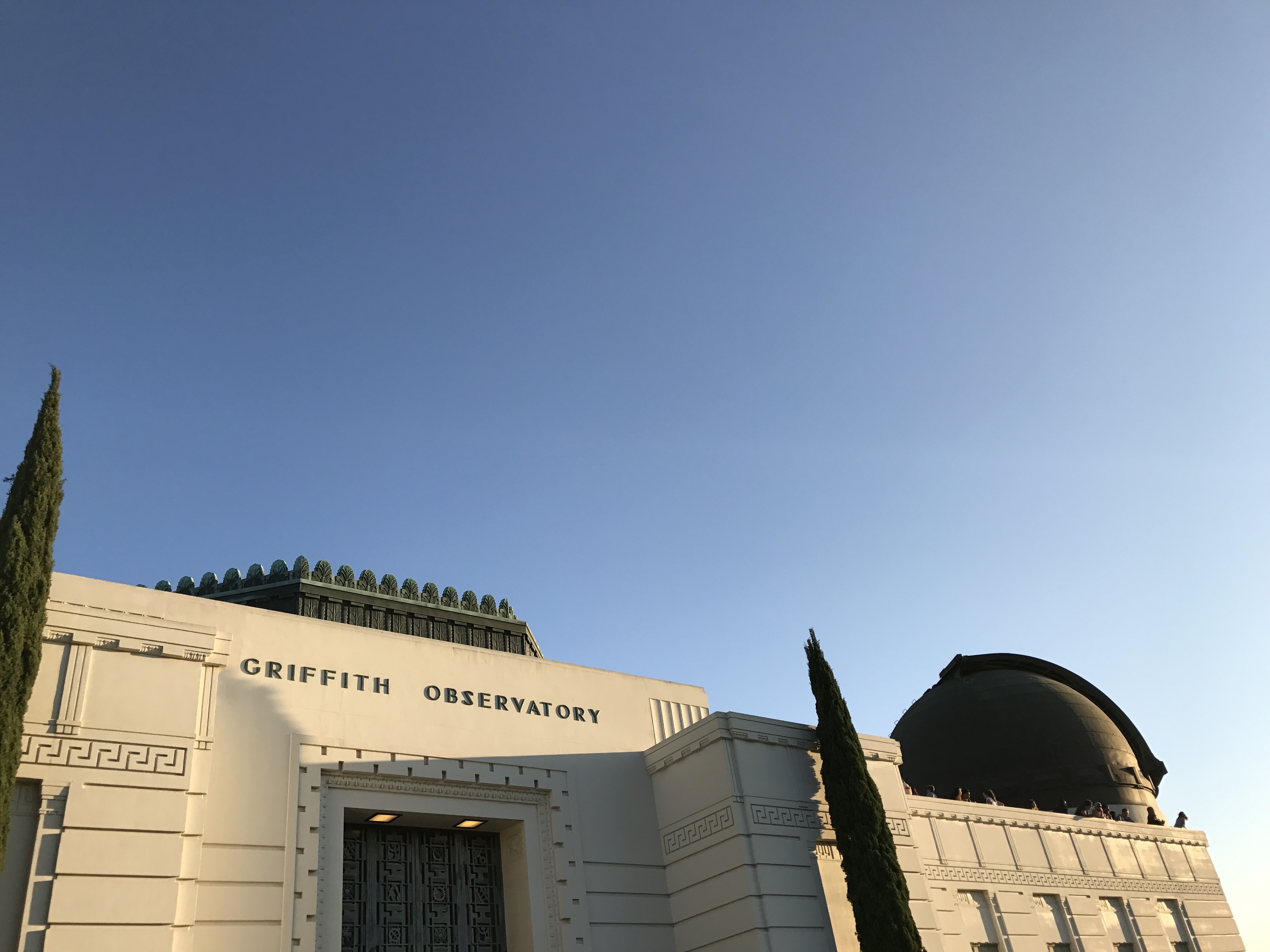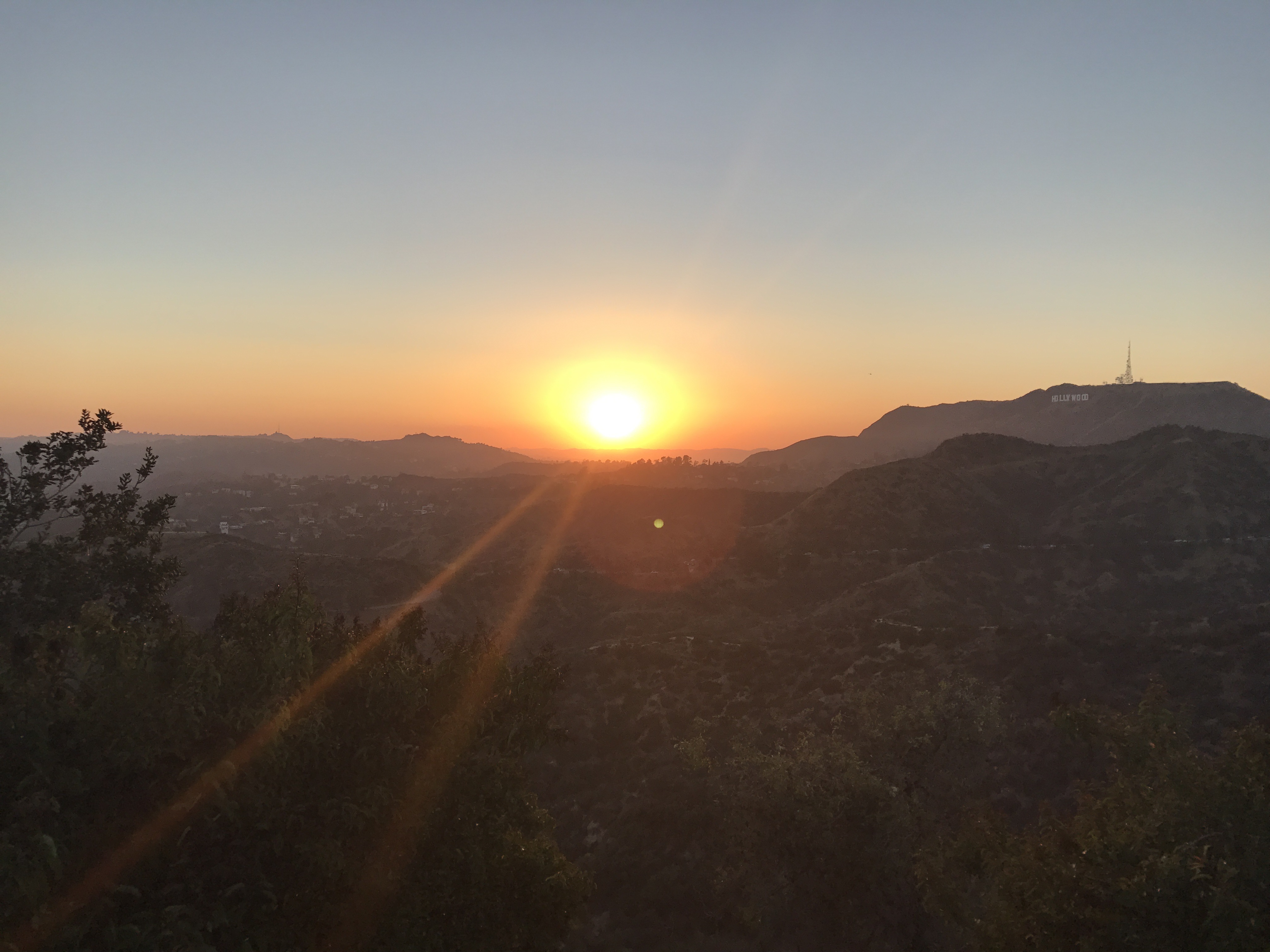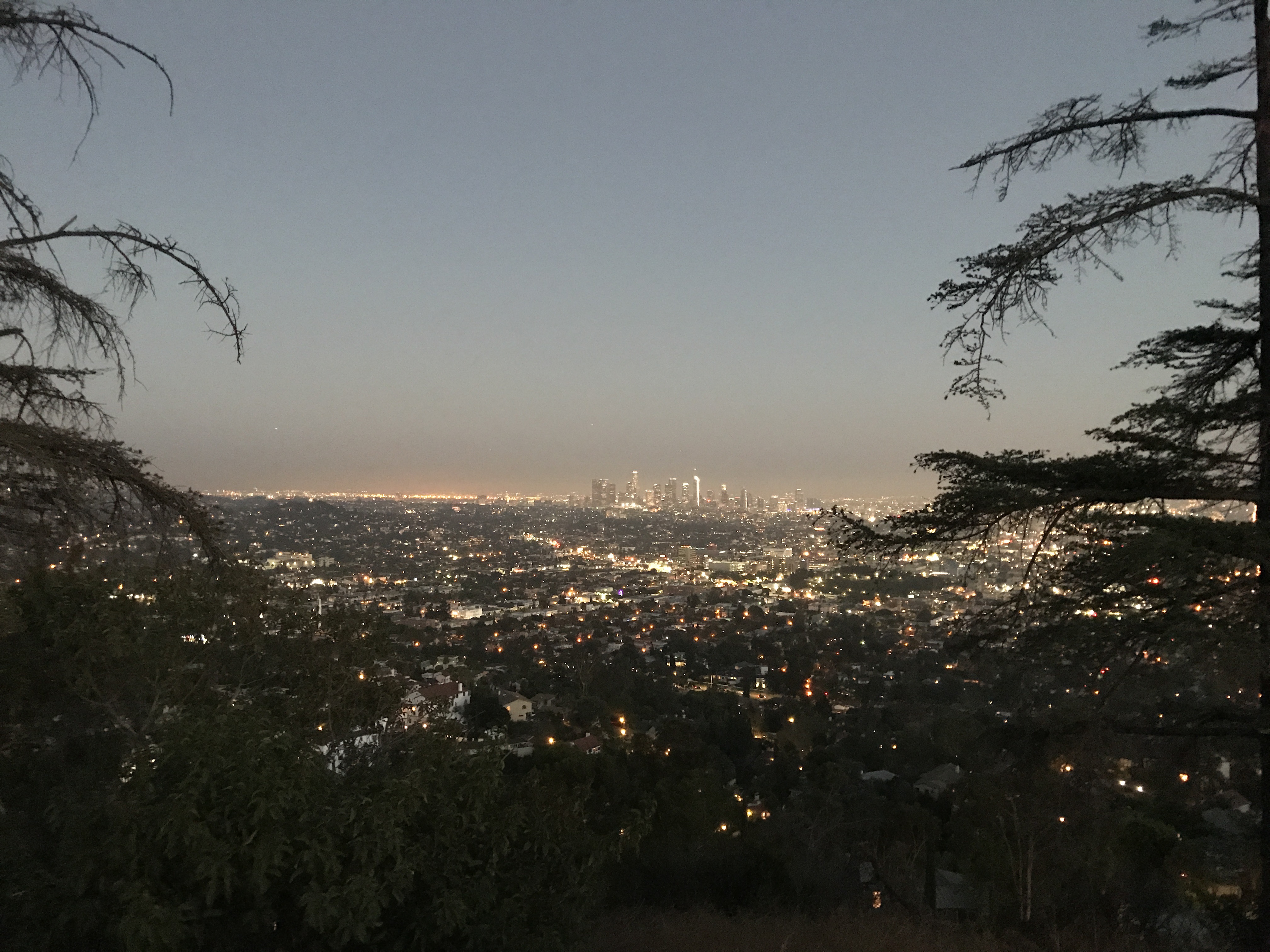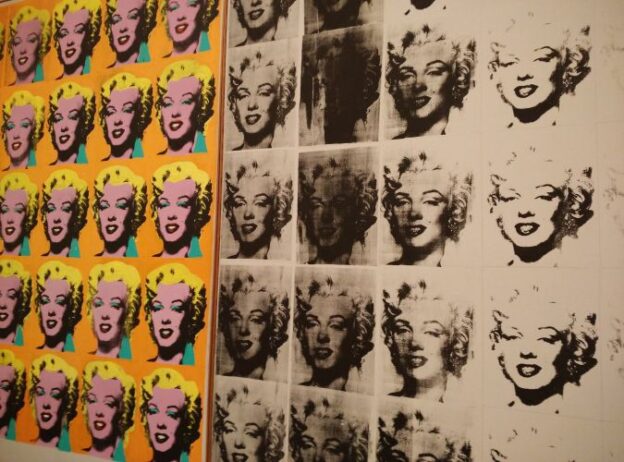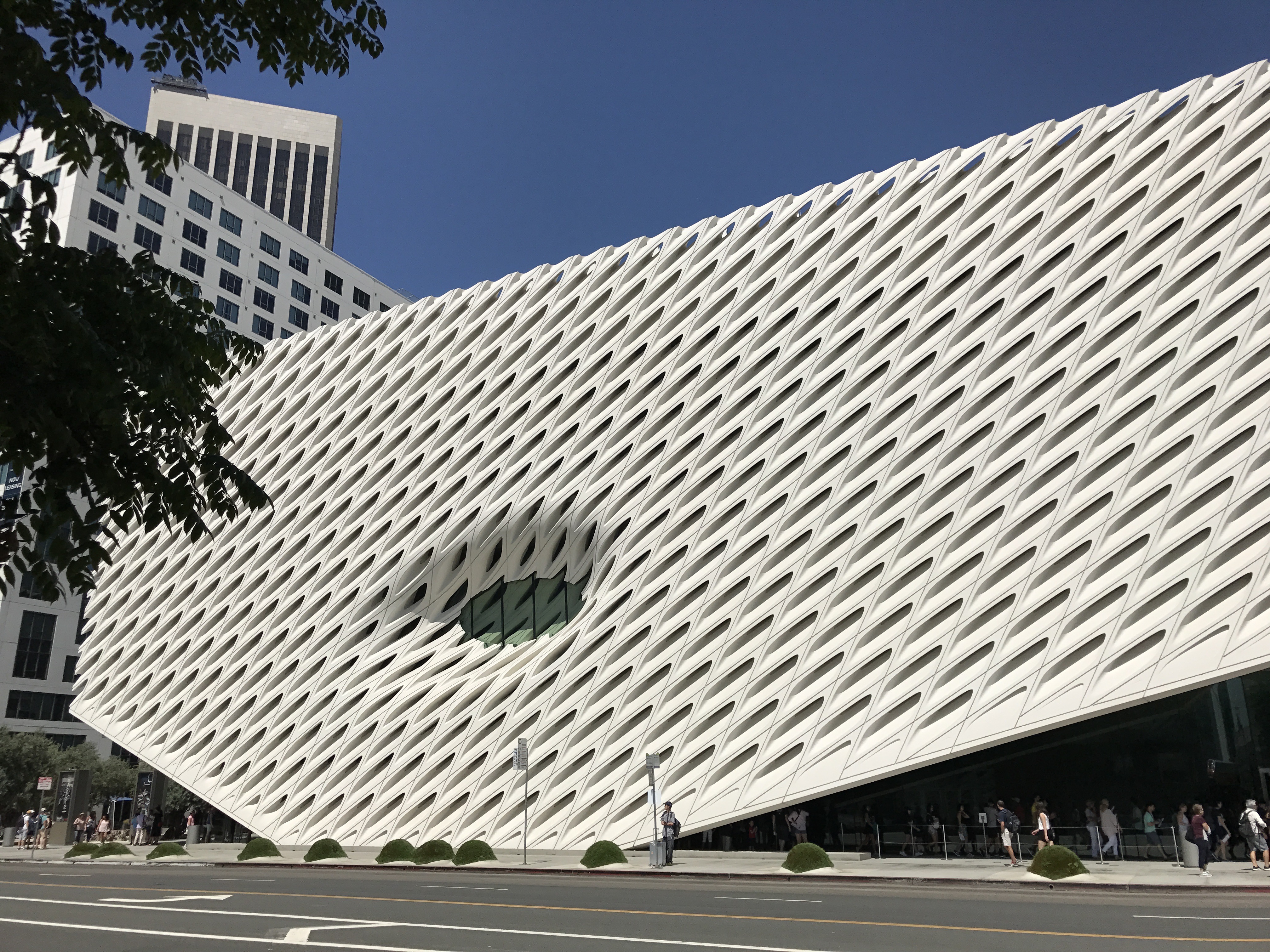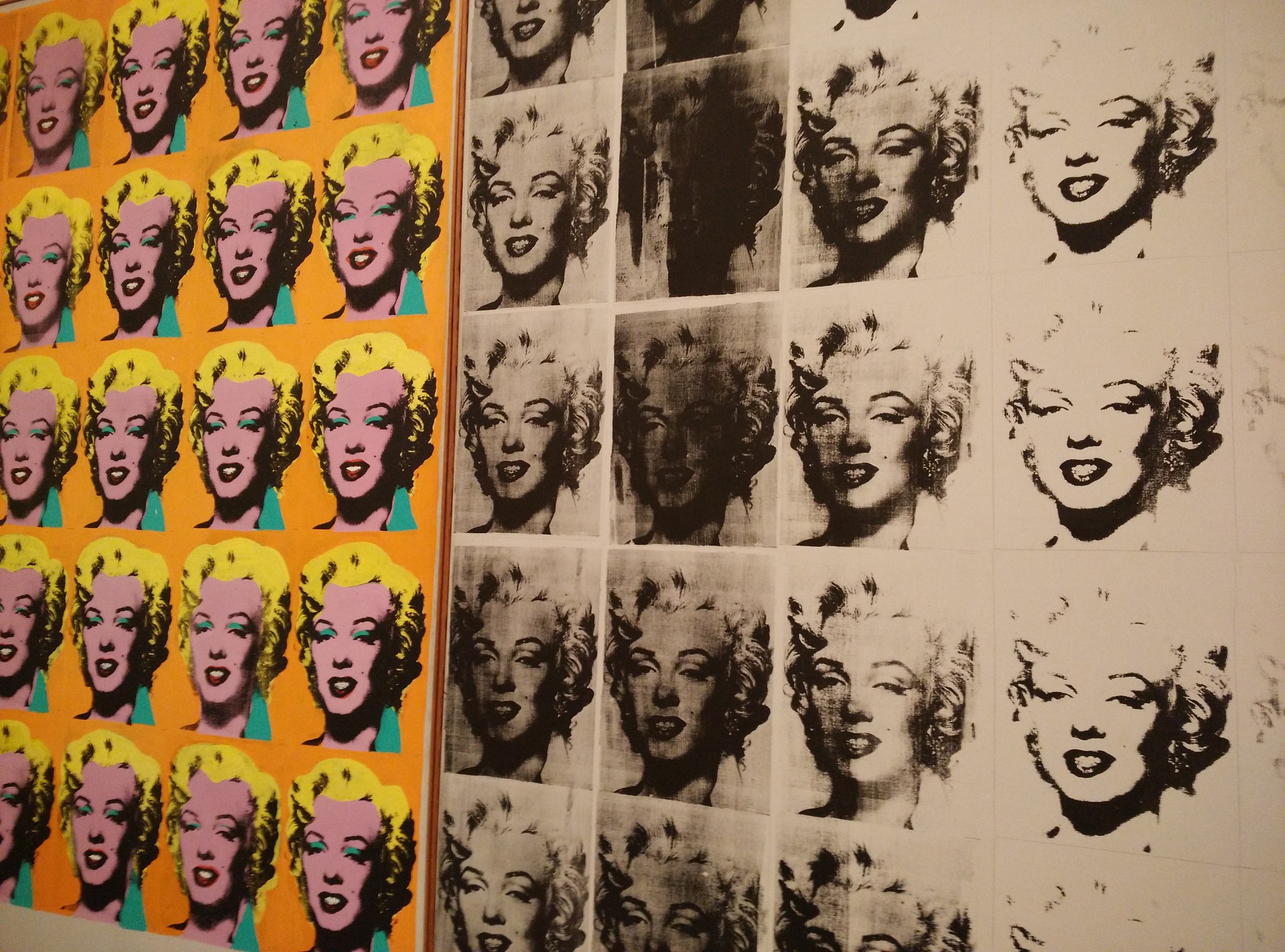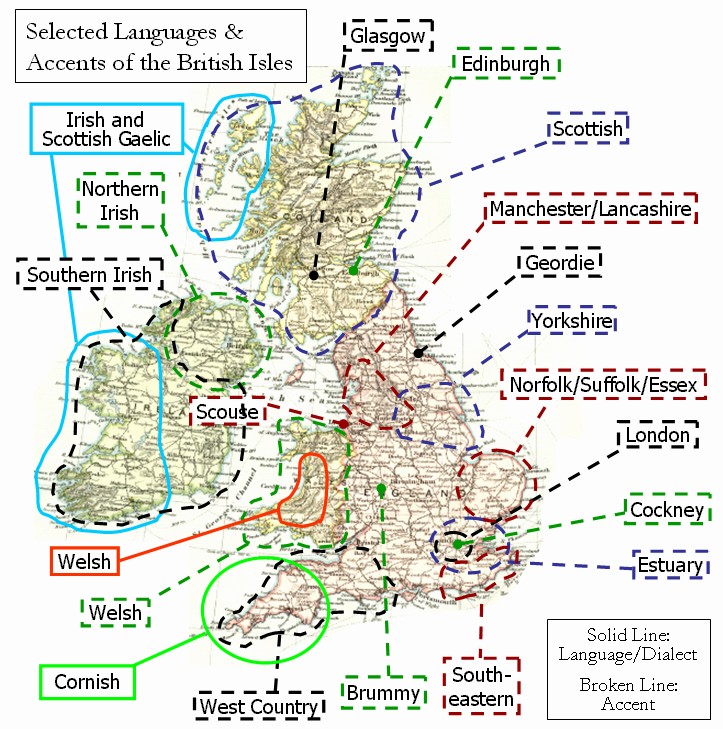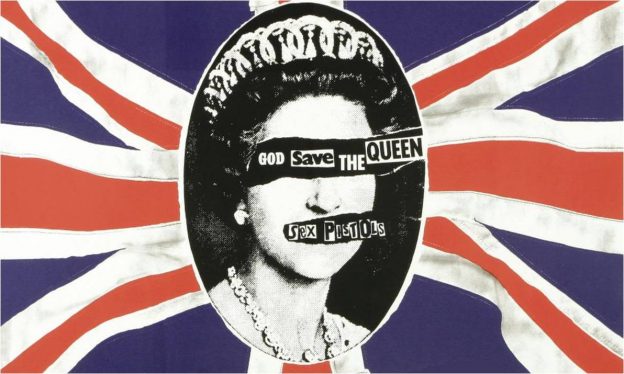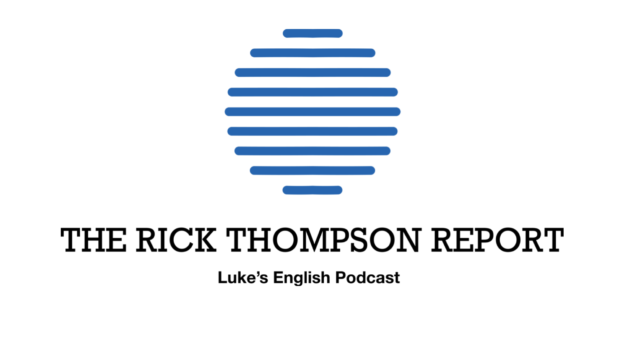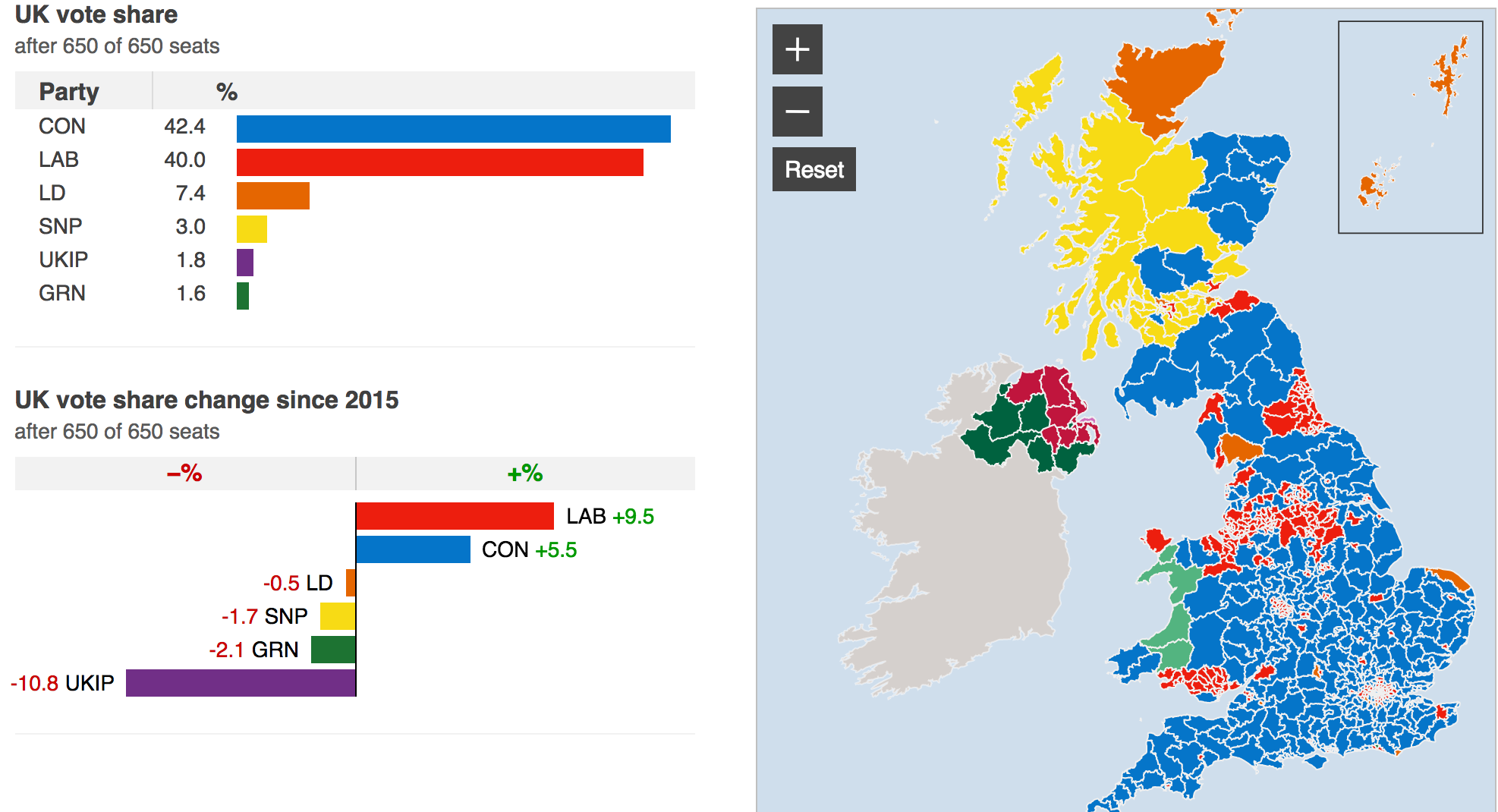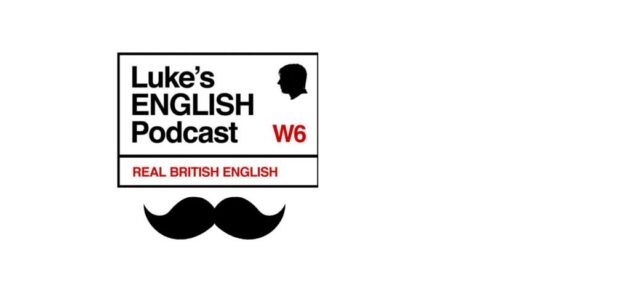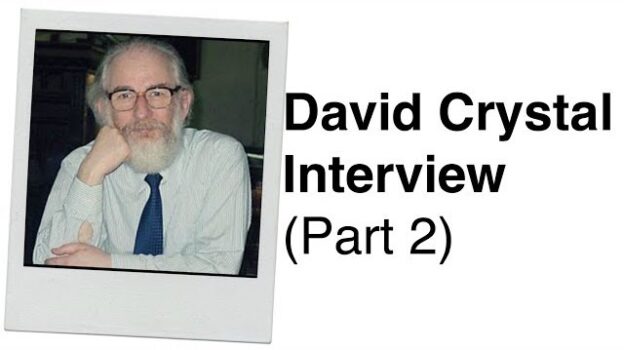The final part of the holiday diary series. This one is about visiting the Navajo Nation, meeting some Navajo people, seeing more natural wonders at Monument Valley and The Grand Canyon, a couple of film recommendations our experience of the solar eclipse and a few more anecdotes about the rest of our road trip.
[DOWNLOAD]
MEXICO EARTHQUAKE APPEAL
Please consider making a donation to help people in the affected areas
Organizations like UNICEF Mexico https://www.donaunicef.org.mx/ are looking for monetary donations.
There’s a big need for clothes, water, and food. Giving to places like the Red Cross Mexico https://www.cruzrojamexicana.org.mx/ , Oxfam Mexico www.oxfammexico.org , and Save the Children Mexico http://www.savethechildren.org/ is a way to get resources flowing.
Notes and Transcript for this Episode
Some rambling about how much it rains in Paris…
Then…
So here is the final episode in this series about the things I saw and did on my summer holiday this year. I’ve tried to make this more than just a description of a holiday. It’s also been a chance for me to talk about some topics that I hope are as interesting for you as they were for me when I found out about them.
In the last episode I talked to you about our road trip around the so-called Grand Staircase – a huge area of land where about 2 billion years’ worth of rock are exposed by tectonic activity and erosion, creating canyons and rock formations that are awe-inspiring but also revealing of the earth’s geological history.
In this episode I’d like to bring the series to a close by telling you a few more anecdotes and describing the rest of the trip.
Then, after this episode we’ll be back to normal podcasting with some upcoming episodes featuring conversations with guests.
So, after visiting Zion and Bryce Canyons in Utah in the last episode, we drove South East and across the state border into Arizona and also crossed into the area known as the Navajo Nation Reservation – an area of land that includes parts of Arizona, Utah and New Mexico.
I already knew a few things about native Americans, or American Indians, or just the Navajo tribe, but I sort of hadn’t realised we would be entering their territory and staying there for a few days.
In fact, I didn’t even really know that the Navajo Nation existed.
I knew a bit about the Navajo. I knew that many Indians were moved from the areas they used to inhabit onto reservations in the 19th century.
I knew that many Indian tribes like the Navajo had been forced, in the late 1800s, by the US army to move onto reservations, which in many cases were basically just prisons on inhospitable land, just because the United States government didn’t really know what else to do with them and which, by today’s standards, would be considered a violation of basic human rights.
I also knew that the Navajo’s population had been decimated by these changes and that this was the same story with many Indian tribes across the country.
But I didn’t realise that the Navajo had been given a whole area of land – much bigger than their original reservation, that they could govern themselves, with their own elected president and other official posts.
It’s worth saying a few things about the Navajo Nation because I learned some stuff I didn’t know before.
They’re a sovereign nation with their own elected President.
The land which includes parts of Arizona, New Mexico and Utah is about 27,000 square KM – and on that land you can find various sites of great cultural and spiritual significance to the Navajo. There are over 300,000 people living there.
So, for a few days we were living on Navajo land and met quite a lot of Navajo people who work in the hotels, restaurants and as tour guides to some of the natural monuments.
These days the Navajo are modern people of course, and they don’t live exactly like their ancestors did but the brief bits of contact I had with some of them was interesting. It was really cool for me to chat with some people, particularly a tour guide we met at Antelope Canyon and just realise that although our ancestors were worlds apart (mine would have been English families raised as Anglican Christians in towns in the North of England, theirs lived on this land and hunted for deer and fish, lived in earthen houses called Hogans, fought with the US army) – so although our great grandparents lived utterly different lives, we shared some surprising things in common.
A Short history of the Navajo
They used to live in the Arizona area – living on and the land in simple wood and earth structures, hunting for animals, performing their rituals, living by their beliefs in the importance of living in harmony with the supernatural powers of nature, but as settlers from Europe began moving west and populating more and more land, they clashed with the Navajo, making life difficult for the settlers and prospectors moving through, so they were forced by the American government and the US army to move 300 miles to the east into New Mexico, and they had to walk there, in winter. Everyone. Hundreds of them died on the way and generally the population was nearly wiped out by the general upheaval – the consequences of the move, and the way their whole way of life became severely limited and impossible, by the way they were treated and their reduction in population is now often referred to as a genocide.
It wasn’t until much later, that the remaining Navajo were not only allowed to go back to their land, and claim it again, but they were allowed to govern themselves.
Essentially, during that period of western expansion, native people were considered less than human and were treated that way. Many Indians were killed or simply left to die.
They were just not included in the grand narrative of western expansion that built the USA of the modern age, despite being the original American people. Usually the American Indians are just represented as savage bad guys in western movies, although this has changed in the last few decades when their stories have been told more respectfully.
Also I learned that the Navajo played a really important part in World War 2. When the US was at war with Japan after Pearl Harbour, one of the most important things for the US navy was being able to communicate secretly. They created loads of codes, but the Japanese codebreakers were so clever and sophisticated that pretty much any code the Americans came up with got broken, and this was costing the US army a lot of lives. In the end, they employed bilingual Navajo people to create a code based on the Navajo language, and it was incredibly effective. The Japanese couldn’t break the code because of the nature of the Navajo language. Many words in Navajo can have multiple meanings but it depends how they are pronounced, using different tones. Some words can mean 4 totally different things depending on the tone used when saying them. I suppose in that way it’s like Mandarin Chinese or other tonal languages.
The Navajo people employed by the government to translate messages into code, based on their language, are known as the Navajo Code Talkers and they have been recognised as heroes and given numerous awards by the US government.
It’s a fascinating story of how this American Indian tribe suddenly became vital to American interests and greatly helped the country win the war.
We met a few native people while we were there and I wondered what life is like for them and how they feel they fit into life in the US.
They seem like nice people (but who knows) with a sense of humour. I mean, they could be vindictive and bitter, but they don’t seem to be. In fact the people we met seemed to be quite level-headed and humourous. I think the fact that they govern themselves helps to give them a sense of pride and independence.
Being in this part of the world, seeing the different landscapes and people, this made me think of some films – these are often my reference points because I’ve watched a lot of films over the years.
The Outlaw Josey Wales – Chief Dan George (not a Navajo but an interesting scene)
One particular film I thought of is The Outlaw Josey Wales – directed by and starring Clint Eastwood. It’s about a civil war fugitive who is running from the Union army. At the start of the film he’s a peaceful farmer, but soldiers come and burn his house down, and kill his wife and child. He’s so consumed by revenge that he becomes an outlaw – a sort of avenging ghost (the typical Clint Eastwood western character) and on his way he sort of picks up these odd group of companions and it becomes something of an unconventional family. It was filmed in some of the locations that we visited, and there’s an Indian character in the movie played by an Indian actor called Chief Dan George. The actor isn’t Navajo and neither is his character – his character is a Cherokee – but the Cherokee experienced similar displacement to the Navajo, and they were ordered to walk hundreds of miles away from their land into reservations where and it basically destroyed their whole way of life – a way of life that had developed over many many years and was in harmony with the land, the wildlife and the natural environment in general.
There’s one scene in the film when this character played by Chief Dan George mentions the trail of tears and how him and other members of his tribe actually went to Washington to meet with the Secretary of the Interior to negotiate. They were all proud and wore suits and hats like Abraham Lincoln – because they were naive, but they were simply told to “endeavour to persevere” which basically means “just try to survive”. They were basically told “nope, we’re not going to help you, we’re still moving you into reservations, you’ll just have to try to survive”. The Indian chiefs went away thinking they had achieved something because the language sounded so respectful and important and because they’d been impressed by the posh surroundings in Washington. It wasn’t until later that they thought about those words “Endeavour to persevere” and realised that nothing had changed and they were being left in appalling conditions with nothing other than “try to survive” from Washington – on reservations built on land that wouldn’t yield anything for them. Once they’d thought about it, they declared war on the Union.
I like this scene because Dan George delivers the story with dry humour. It’s funny but also a bit tragic. It’s also a chance to hear English spoken by an American Indian.
Context: Chief Dan George’s character emerges from his home because he thinks someone is approaching. In fact it’s Clint Eastwood’s character just moving through the area. Dan George (Lone Watie) emerges from the house, trying to get an edge (an advantage) on the intruder but Clint’s character manages to sneak up on him. Then he talks about how the white man has been sneaking up on him and his tribe for years. Then he talks about the frock coat he’s wearing – the same coat he wore when he went to Washington, and a top hat like Abraham Lincoln used to wear. Then he tells the story of meeting the Secretary of the Interior and being told to endeavour to persevere.
“Indians vow to ‘Endeavor to Persevere'”
It’s a great performance by Chief Dan George and shows dignity, sadness and humour.
It’s hard not to see the irony when you see Americans today on Twitter complaining about immigrants coming and stealing their land and not assimilating to the culture.
Saw horseshoe bend – a huge natural bend in a river.
Lower Antelope Canyon (more pics at the bottom of the page)
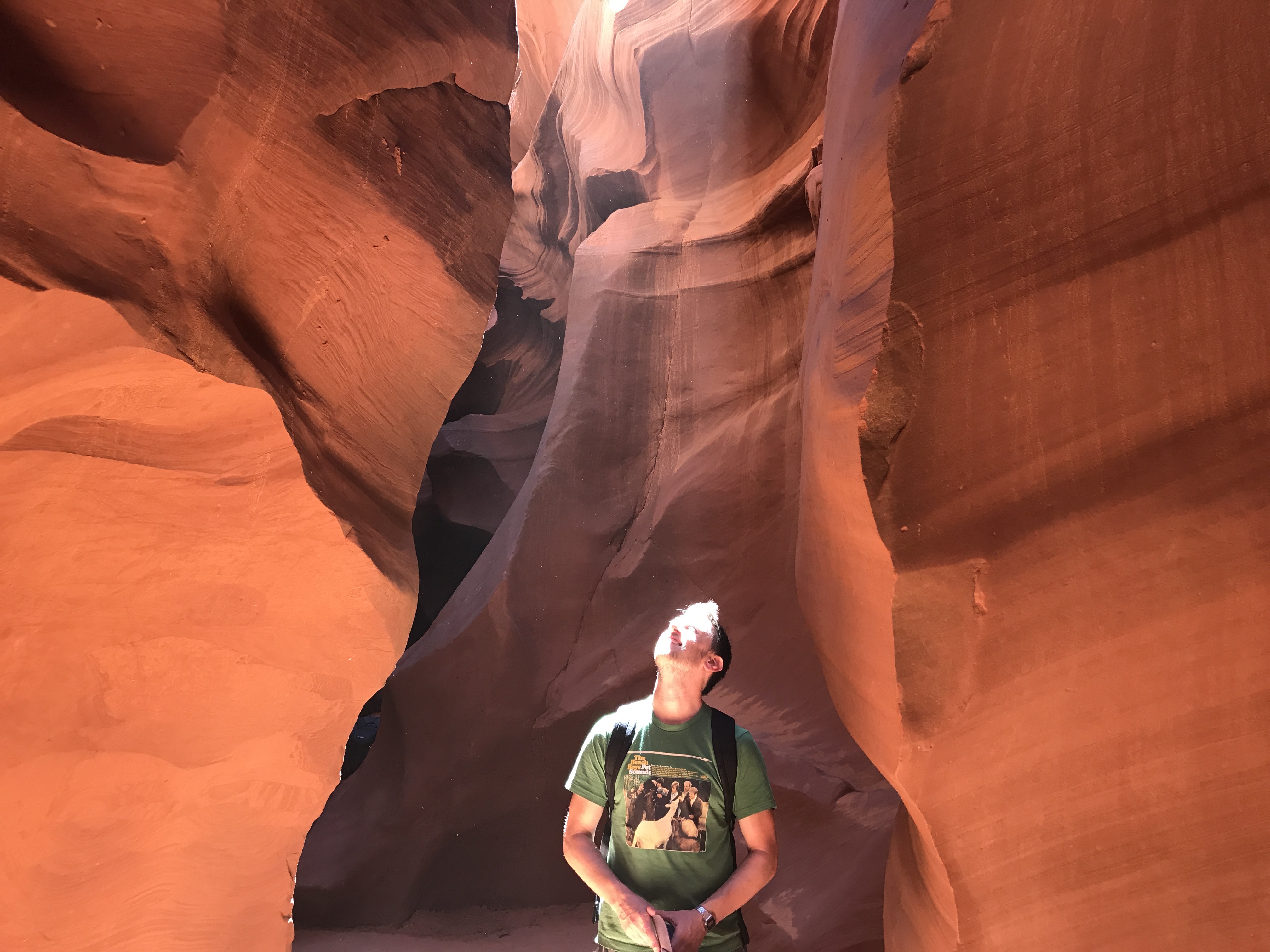
(Not looking directly at the sun, by the way)
Video (below) – an example of a Flash flood – the sort of thing that created Antelope Canyon with erosion (this is a scene from 127 Hours, not actually filmed at Antelope Canyon, but just an example of a flash flood)
The tour company is run by the Navajo.
Examples of their dry sense of humour.
We arrived for our 12.20 tour about 30 minutes early because we thought there would be crowds.
We noticed that quite a lot of the tourists were being quite rude with the staff – just being a bit impolite and demanding, which is a pity.
In fact I noticed that the couple in front of us, who weren’t very nice, were demanding to go on the 11.50 tour when theirs was at 12.20 because there wasn’t an air conditioned waiting room (everyone was waiting in the shade in a covered waiting area) but the girl behind the counter told them that there was no space on the 11.50 tour and they just had to wait.
Sure, there wasn’t an air conditioned room, but this particular bit of land is not supposed to have lots of buildings on it and after all this is the desert, what did you expect, etc etc.
It was our turn and we made an effort to be nice.
“Hello! We’ve got a canyon tour booked”
Which tour?
12.20
It’s already gone, sorry.
My wife: What??
The girl just had a straight face.
Then I realised she was joking.
No, I’m just joking, ha ha. You can join the 11.50 one if you want.
I have some time for that attitude. I’ve worked in bars, restaurants, shops, lots of customer service positions. You have to have a sense of humour because people can treat you so badly and they feel that they can be so rude to you.
Meeting Brian Yazzie our tour guide
We were joined by a group of about 10 tourists.
I think that people might be at their worst when in tourist groups. I don’t know why, but groups of tourists can act so rudely, pushing in front of each other, showing no respect to the guide, showing no deference to the incredibly significant monument which they are visiting and also doing stupid and dangerous things – like leaning over cliffs to take selfies or wandering off the path to take photos and stepping on a snake or being stung by a scorpion or something.
Brian dealt with all of this by using some seriously dry humour
Brian’s funny jokes
Can’t remember them? He told us 11 people had been bitten by snakes this week, that a woman fell off a ladder and you can still see the bloodstains if you look carefully, and he also said “travelling thousands of miles to walk through some cracks in the ground, kind of crazy right?”
He knew Penn & Teller and even Derren Brown.
Videos of Brian on YouTube
Some sleight of hand card magic inside Antelope Canyon
Brian tries some tricks on a few French tourists
The chimneys you see in the background of that video are the local power station which provides the whole area (and other states) with electricity. It’s part-owned by the Navajo.
As we were walking to the canyon he told us that his Grandmother used to say that you shouldn’t go down there, because it’s “the home of the winds”.
“So this is sacred ground?” I asked him.
“My grandma thought so”.
“Well, I’m sure everyone appreciates the beauty of it.” I said, but I couldn’t help feeling like we shouldn’t be walking there.
But Brian seemed ok with it.
Monument Valley
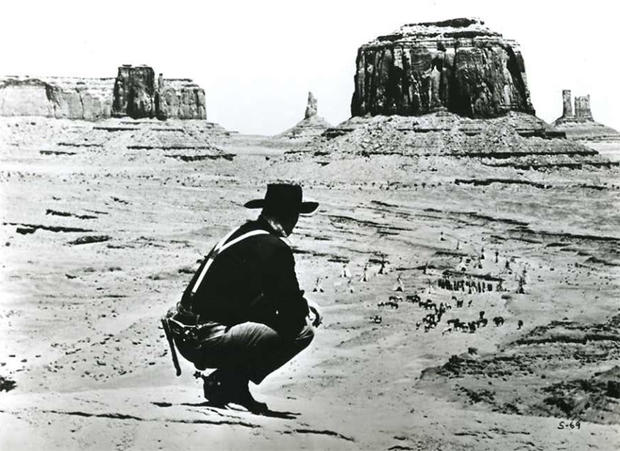
Monument Valley in the film Fort Apache
Hotel is run by the Navajo.
It has views of the valley and the big rock formations.
It’s also a trading post and a place to eat.
It’s quite neatly built into a piece of high ground at the end of the canyon. It doesn’t stand out too much.
Each room has a view of the valley and there’s a big terrace with full views.
Incredible views. Describe the view.
Again, mad abstract shapes on a clear blue and rust coloured background.
Shadows stretching out across hundreds of metres of land. Amazing huge monoliths with faces in them and old names given by the Navajo.
Sunset.
Movie on the wall with view from our room. We sat, ate our packed dinner and watched the film.
It was called Fort Apache – directed by John Ford, starring John Wayne and Henry Fonda. It features scenes filmed in Monument Valley.
In fact, Monument Valley is famous for being in westerns.
It was amazing to watch the film and then literally turn your head and see the exact same environment just there in front of you.
Also, it was interesting to me that the Navajo chose to screen the film, because usually westerns present rather a bad image of Native Americans as the bad guys.
But this one was different. It was made just after WW2 and the general tone of it is about how foolish leadership and the so-called glory of war usually just leads good young men to die and how the American military misunderstood the complex culture of the native Americans and also underestimated their military strength.
The natives are presented as brave, civilised and great strategists.
All the native American parts (Apache indians) are played to great effect by local Navajo, and the end of the film sees them defeat a garrison of American soldiers.
So it’s pretty clear why the locals like the film. And it’s a really good one. John Ford was a masterful director.
That night, like most nights out in the desert we couldn’t sleep. Not because of jet-lag but I think because we’re quite blown away by all the stimulation. It’s quite hard to take it all in!
So, that night we both lay in our bed trying to sleep, but feeling wide awake, with this incredible and powerful landscape just outside the window.
In the morning we drove down into the valley to see the huge monoliths a bit closer. Again, there were lots of faces and forms seemed to be in the rocks as you look at them. You can imagine how the native Americans must have stared at these rocks and seen all sorts of visions in them.
They are truly inspiring places.
Out of the Navajo Nation and into the national parks again.
The Grand Canyon
We drive there just before sunset and get to see some incredible early sights of the canyon.
It is just the biggest thing I’ve ever seen.
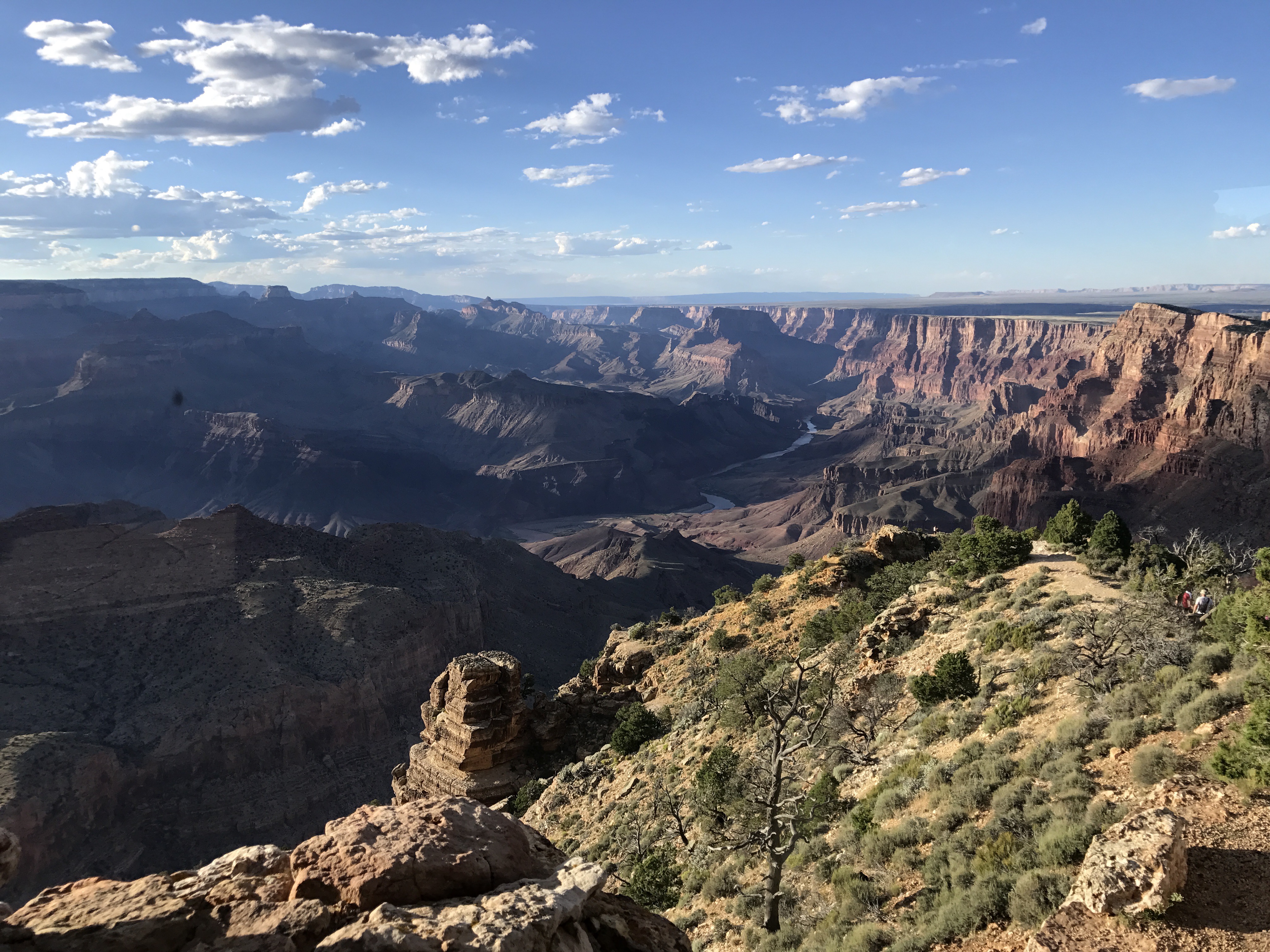
(A small corner of) The Grand Canyon
From you to the horizon, a huge network of different canyons, jutting rocks, cracks diving deep into rivers down below.
Imagine seeing 300 canyons all at the same time, all part of one much larger one which bends around the corner. It’s like that.
Saw the sunset and driving home catch views of elk by the side of the road.
Insomnia
We couldn’t sleep (again).
I felt a million and one thoughts come to me while I was lying there wide awake.
Some thoughts were my fears and my worries. My whole life flashing before my eyes.
You know when you can’t sleep and your mind insists on playing back some memories…
But also thoughts of positivity and joy about the future.
…
It’s weird how sometimes when you can’t sleep your mind just takes off and you have to hold on for the ride. You know when you can’t sleep and your mind races around to different things, and you just can’t stop it? You really want to just sleep and switch off, but you can’t. Normally you have ordinary things to deal with that occupy, like remembering to iron your shirt in the morning and dealing with little work-related problems and things like that.
But being away from it all, your thoughts become untethered.
Basically, it’s called “taking stock” and this is what we often do on holiday isn’t it?
I reflected and tried to work things out somehow, while also just trying to get a good night’s sleep.
For example, I am trying to stop worrying about small things because they’re just small things…
I can get quite caught up on details and I can blow small concerns out of proportion. I can make mountains out of molehills, just like we all do, and that causes anxiety and so on. We all do it, right?
But we can’t afford to do that. We can’t put significance onto every little thing. It’s best to let some things slide and to focus on the big stuff. You’ve got to prioritise.
I was also thinking about the whole universe and remembering random episodes from my life, and thinking about starting a family and what it means, also thinking about this podcast and how I’m doing it.
Like, what is it that my audience really wants from me and from this podcast? How can I continue to provide the sort of content that will really benefit people while allowing me to pursue the things I want in life?
There were a lot of strands running through my head, man. But I think I worked a few things out.
From the Grand Canyon we drove down into the lower ground of the desert, back towards Las Vegas – where we would take our quick flight back to Los Angeles for the final part of the trip.
We spent a night an unremarkable in a town called Kingman, and the next day set off by car to Vegas.
This day was all about the eclipse.
The Solar Eclipse
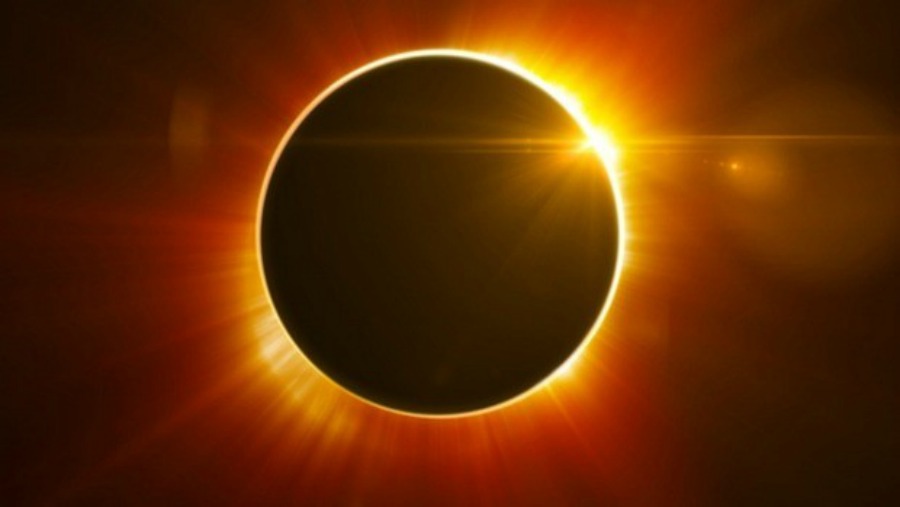
I guess you all know what a solar eclipse is.
It’s when the moon passes in front of the sun and fully eclipses it – hiding it for a few moments before the sun reappears again.
Have you ever experienced one?
It’s seriously weird and amazing.
Firstly, seeing these celestial bodies crossing past each other is like a ballet of cosmic proportions.
This is another thing that makes you realise how small you really are in the grand scheme of things.
It’s also extraordinary that this happens.
Some ancient cultures thought they were extremely significant events.
It’s easy to see why. Everything goes dark like it’s night time. The birds stop singing. Animals behave strangely. The sun is like a black dot in the sky with a shining halo around it.
Then everything goes back to normal.
If you didn’t know it was coming, and you already worshipped the sun, you’d undoubtedly read massive significance into it.
It also looks amazing. You’re not supposed to look directly at it of course, because then you’re basically staring right at the sun which will blind you if you do it for long enough. The light will scorch your retinas.
You have to use special filtering glasses to see it, and on the news they were repeatedly telling everyone not to look at the sun because it could blind you.
Trump looked directly at it of course, as we know. I’m not sure why he did that.
Anyway, the eclipse was visible in certain spots along the breadth of the country. On the road to Vegas we didn’t get the full eclipse, just a partial one and we were in the middle of driving to the airport to catch a plane so we didn’t stop to check it out.
But in any case we wouldn’t have been able to see anything because there was cloud cover.
We did experience a murky half light at the time of the eclipse and everything went spooky.
On the journey there were large black clouds collecting in the distance and some lighter cloud cover over our heads. We started fairly early so the sun was quite low in the sky and with the clouds the light was quite dim.
But as the eclipse happened overhead everything went a murky, dark yellow colour, cars put their headlights on. There were freaky flash rainstorms with massive raindrops.
For about 10 minutes there was a strange end of the world type feeling as the darkening sky was lit up by flashes of lightning in the distance and we saw forked lightning striking rock formations up on our left at the top of a shallow canyon.
We came into Vegas and just went straight to the airport. No need to stop there again.
Arriving in LA had a much better car rental experience.
Within minutes we were in the garage choosing our car.
“Which one would you like? A Japanese one? An American? Hatchback or saloon?”
My wife said “The red one”.
That’s her criteria. Colour.
It turned out to be a Chevrolet Cruze and it was a great car. About the size of a Ford Focus and extremely smooth and responsive.
Maybe this is just how it felt after driving a Jeep for a week.
Compared to that this one felt like a sports car.
Topanga Canyon
Topanga is an awesome place.
Along the coastal highway and up into the hills overlooking the coast.
In those hills are leafy little canyons with communities of people who’ve set up their homes on the hillsides. Topanga was a really cool scene to be part of in the early 1970s and lots of musicians hung out in that area writing their songs. This included people like Neil Young and Crosby, Stills & Nash.
I’m particularly a fan of Neil Young and I’d read his autobiography, so I knew a lot of the stories of the music he wrote and recorded here, and I always thought it sounded amazing. A peaceful retreat among oak trees with sunlight shining through the canopy with wood cabins and cafes serving pie and coffee.
It’s still a lot like that.
We stayed in an AirBnB which was basically a single room wooden cabin with a shower. THe place was extremely well put together. Very tasteful and it felt new. Everything was made of oak with a fantastic and huge stove for cooking. I cooked some food there and drank local beer from bottles. We enjoyed hanging around on the deck outside and lying on the sun lounger looking up at the sky through the leaves and branches of the trees.
We only had a couple of days in this peaceful part of LA so we didn’t do a lot, where you can get lunch and watch people surfing.
Generally it was a pleasure to stay in Topanga and we did not want to leave our cabin and come back to reality.
At night there were coyotes outside the cabin. They make a really strange noise – a kind of whooping, howling and whistling that sounds both ridiculous and scary.
One evening we came back at night and as we drove down the driveway to the cabin there were coyotes hanging around outside the door of the cabin.
These are wild dogs, a bit smaller than wolves.
My wife freaked out a bit so I had to go out of the car, open the door of the cabin and then get her in quickly.
I must admit it was a bit offputting when I heard the coyotes go crazy when they could smell me standing just a few metres away and I heard them all running around in the darkness just beyond my vision making a hell of a racket. I kept telling myself that they were more scared than me, but I didn’t fully convince myself.
I rushed my wife into the house and locked the door! Thankfully we both didn’t get eaten alive by wild dogs because, well, that would have been a pity.
That was a bit scary but we had a good laugh about it!
All in all, this holiday was amazing.
Throughout our trip people were polite, friendly, helpful and often interesting and funny.
We saw some really cool stuff, had a chance to enjoy each other’s company as a couple before the arrival of our child.
The trip also took me by surprise a bit. I didn’t expect to be so moved by the things we saw, particularly out in the desert, at those canyons and in the Navajo Nation.
It was a bit emotional too, watching my wife’s belly get bigger, reflecting on things, not sleeping.
It all felt very real at the time and it was a welcome bit of clarity even if it all happened too quickly.
Now I’m back in Paris amongst all my stuff and all the things that keep me tethered on earth and it’s hard to somehow recreate on a podcast how it really felt to be face to face with the hand of nature creating its mysterious art over billions of years.
I’m not sure it’s possible to, in words, recreate the experience of discovering such beauty, wonder and mystery all through the eyes of people who haven’t slept.
In any case, I hope I’ve managed to communicate to you some of how it felt and that you’ve picked up some more English in the process.
You might have been to the same places as me? What were your thoughts?
Thank you for listening to my Holiday Diary series.
Luke
Neil Young – Tell Me Why (Lyrics)
https://tabs.ultimate-guitar.com/n/neil_young/tell_me_why_ver2_crd.htm
Photos
- Horseshoe Bend
- Rainbow Bridge at Lake Powell
- Rainbow Bridge at Lake Powell
- Antelope Canyon
- Antelope Canyon
- Antelope Canyon
- Antelope Canyon
- Antelope Canyon
- Antelope Canyon
- Antelope Canyon from above (just a few cracks in the ground)
- Monument Valley
- Monument Valley
- Monument Valley
- Screening of Fort Apache at Monument Valley
- Monument Valley
- Grand Canyon
- Grand Canyon
- Sunset on the road at Grand Canyon
- Grand Canyon
- Canyon
- Grand Canyon
- Grand Canyon
- Grand Canyon
- Rainbow at Grand Canyon
- Grand Canyon
- Elk
- Navajo Nation flag
- Navajo Nation flag
- American Indian art
- American Indian art
- Topanga Canyon
- Topanga
